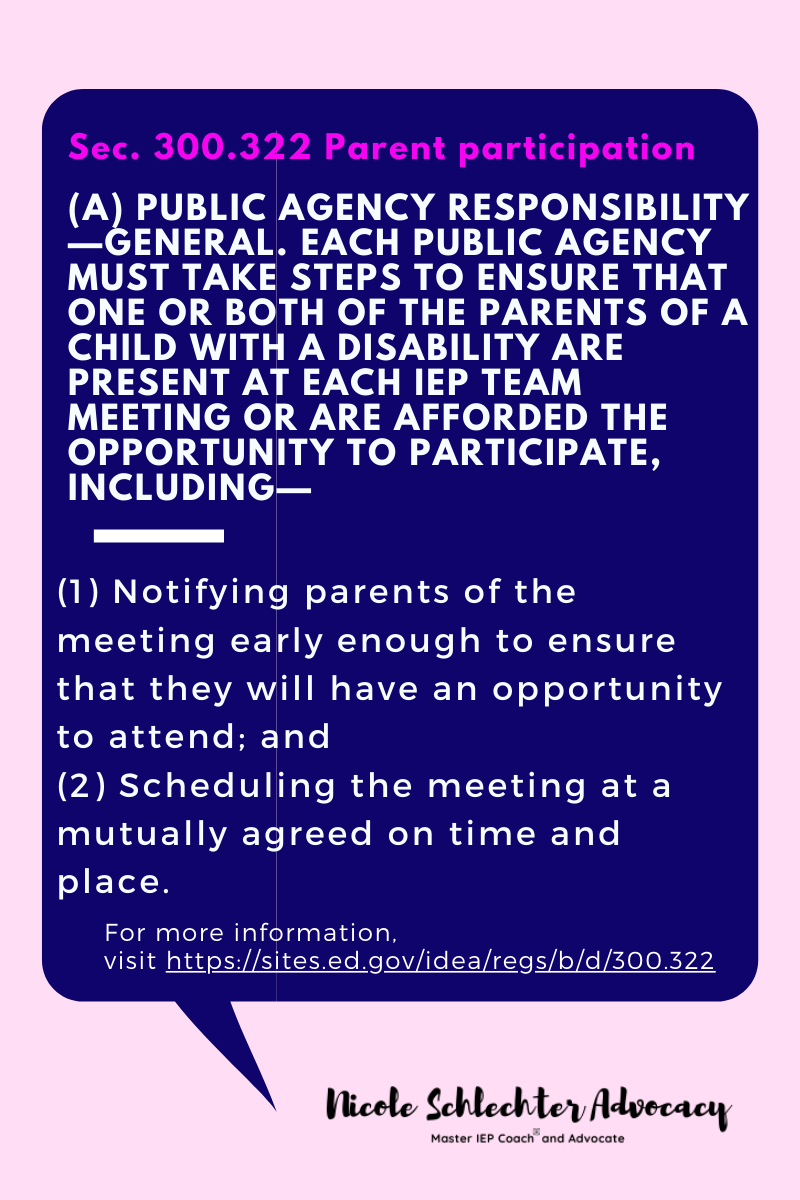In a past life I was a preschool teacher. Education is my thing, it always has been. So when Mason was 3 and we were experiencing meltdowns for hours, stunted social skills, impulsive running through the parking lot and ALLLLLLL the emotions on high, I knew he needed more than I could give him at home. I knew the process to have him evaluated through the district and I understood what services he would need. For all intensive purposes, I understood the IEP process and was able to ask for what he needed in a way that had his IEP team pay attention. All was well, until it wasn’t. Everyone was nice, and what they were offering and telling me made sense, so I didn’t question much.
It worked… until it didn’t. They say hind sight is 20/20 and this is so true following a difficult IEP meeting. How many of us think of a million things they SHOULD have asked after the meeting? YEP. Me too! Looking back, I was told what I needed to know in the moment. I was given a copy of my procedural safeguards, but there were still things I just didn’t know, that I should have. Sometimes, the school doesn’t share all the “secrets” that they should with parents (intentional or not!) and I firmly believe you deserve all the information in order to be your child’s best advocate at the IEP table!
IEP Secret #1
Parents have a right to be included in IEP meetings. The school must make a best effort to schedule the meeting at a time and place that works for one or both parents.
Don’t be afraid to push for the meeting to be scheduled at a time that works for you. You have a right to be involved.
IEP Secret #2
If things are not working, you don’t have to wait until the next IEP meeting. You can call a meeting at any time! You are an equal IEP team member, if something isn’t right, it is ok to call a meeting to discuss it. Do not wait a whole year for the next annual meeting. An IEP is a working document and can be changed throughout the year if needed. Now, I’m not saying you should request a meeting every single time you hit a bump in the road, but you should trust your parent instinct and meet with the team if things just aren’t going as planned.
IEP Secret #3
There is an entire section in the IEP just for parent input. This section is an opportunity for you to be the expert. You know your child best so share what works well for your child, areas your child struggle’s in, what motivates them, what are your goals and concerns. Write it down, and email it to the team to be added to the IEP. When a new teacher or staff member opens the IEP to review for the first time, you want them to be able to see what your thoughts are first. They need to see your expert opinion and hunting through the notes to find it is time consuming and can be easily overlooked. Need more help with this? https://nicoleschlechter.com/parent-input-statements/
IEP Secret #4
If your child hasn’t made progress on an IEP goal in two years, it needs to be reevaluated. Children should not be spending time working on goals, and not making progress. If they aren’t making progress, we need to determine why. Is this a priority skill? Do we need to break it down further? Do we have skill mastery of the skills building up to this? Is this goal appropriate? Need help determining if goals are written effectively? Head over here to learn more. https://nicoleschlechter.com/writing-effective-iep-goals/
IEP Secret #5
“We don’t do that here” is not an acceptable response to a request. Your child has an IEP, an individual education program. This IEP is individualized to meet your child’s unique needs. Not all children with Autism or all children with learning disabilities. Unique needs means specifically, what does your child need to be successful, what does your child need to learn the same as his peers? If your school is using the phrase we don’t do that here, ask to see the policy. Chance’s are there may not be a policy in writing, it just isn’t common practice. Request that they put any refusal to your request in writing. If it isn’t in writing, it didn’t happen. Make sure you are reading over the notes section after each IEP meeting to ensure your account of what was discussed at the meeting is accurately portrayed in the notes. If there is a discrepancy, email the team back with your interpretation. Everything in writing.
Not sure of your parent rights and need a little support? Or just have a few questions about your child’s IEP? Let’s chat. Head over to https://calendly.com/nicoleschlechteradvocacy to schedule your free 30 minute phone call.



